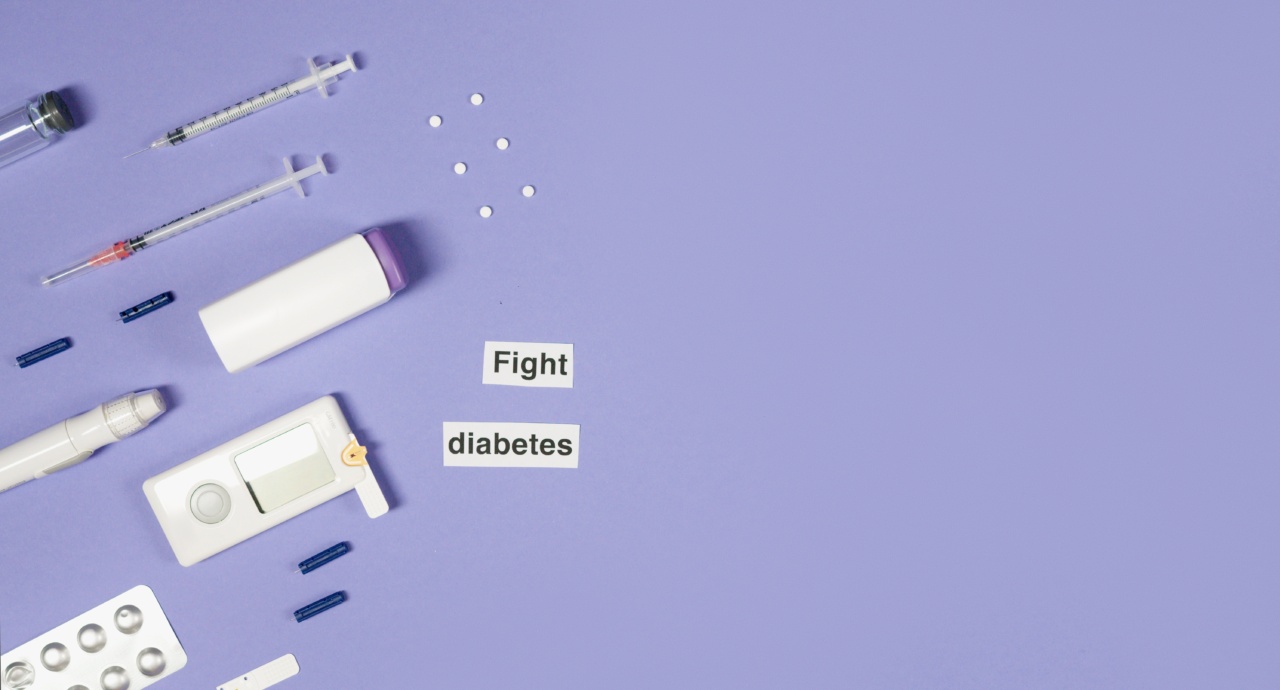Living a long and healthy life is a goal that many people aspire to.
However, with the rise of chronic diseases such as heart disease, diabetes, and cancer, it has become increasingly important to take proactive steps to prevent these ailments and increase your lifespan. In this article, we will explore various strategies and lifestyle changes that can help you live longer by reducing the risk of chronic diseases.
Eat a Balanced Diet
One of the most crucial factors in preventing chronic diseases and achieving longevity is maintaining a healthy diet. A balanced diet should include a variety of fruits, vegetables, whole grains, lean proteins, and healthy fats.
Avoiding processed foods, sugary beverages, and excessive salt is paramount for promoting overall health.
Stay Physically Active
Regular physical activity is not only beneficial for weight management but also plays a significant role in reducing the risk of chronic diseases.
Engaging in at least 150 minutes of moderate-intensity aerobic activity or 75 minutes of vigorous-intensity aerobic activity each week can significantly improve your overall health and lifespan.
Manage Stress
Chronic stress can negatively impact both physical and mental health, leading to the increased risk of chronic diseases.
It is essential to find healthy ways to manage stress, such as practicing mindfulness meditation, engaging in hobbies, or seeking support from loved ones. Incorporating stress management techniques into your daily routine can have a significant impact on your well-being and longevity.
Adequate Sleep
Sleep plays a crucial role in maintaining good health and preventing chronic diseases. Poor sleep patterns have been associated with an increased risk of conditions such as obesity, diabetes, and cardiovascular diseases.
Aim for seven to eight hours of quality sleep each night and establish a consistent sleep routine to promote optimal health.
Avoid Tobacco and Limit Alcohol Consumption
Tobacco use is one of the leading causes of preventable deaths worldwide. Smoking increases the risk of numerous chronic diseases, including lung cancer, heart disease, and stroke.
Quitting smoking is one of the most impactful actions you can take for your health. Additionally, limiting alcohol consumption is crucial, as excessive drinking has been linked to liver disease, cancer, and other health conditions.
Maintain a Healthy Weight
Obesity is a significant risk factor for many chronic diseases, including type 2 diabetes, heart disease, and certain types of cancer.
By maintaining a healthy weight through a combination of regular physical activity and a balanced diet, you can significantly reduce your risk of developing these conditions and increase your lifespan.
Regular Health Check-ups and Screenings
Regular check-ups with your healthcare provider can help identify any potential health issues early on, allowing for timely intervention and treatment.
Routine screenings for conditions such as high blood pressure, cholesterol, and certain cancers can detect problems before they become severe, increasing the chances of successful treatment and reducing the impact on your overall health and lifespan.
Engage in Social Connections
Having strong social connections and maintaining an active social life has been linked to a longer lifespan. Engage in activities that allow you to connect with others, such as joining clubs, participating in community events, or volunteering.
These social interactions can have a positive impact on your mental well-being and overall health.
Practice Good Hygiene
Practicing good hygiene habits, such as regularly washing your hands, can help prevent the spread of infectious diseases and reduce the risk of various illnesses.
Additionally, maintaining oral hygiene, including brushing and flossing daily, is essential for preventing gum disease and maintaining overall health.
Avoid Environmental Toxins
Limiting exposure to environmental toxins can contribute to a longer and healthier life. Minimize contact with harmful substances such as asbestos, lead, or certain chemicals found in cleaning products or pesticides.
When possible, choose natural and eco-friendly alternatives to reduce your exposure to harmful toxins.































